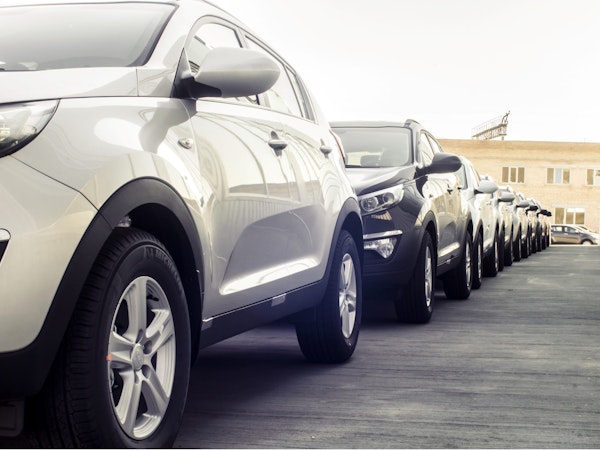All change for company car tax benefits
The next tax year will see a substantial overhaul to how company cars are taxed.

Pure electric company cars will attract a 0% benefit in kind (BIK) rate for 2020/21, instead of 2% as originally announced. The zero rate will only last for one year, increasing to 1% in 2021/22 and 2% in 2022/23. The 2019/20 BIK rate for zero-emission vehicles is 16%.
The company car tax changes result from the UK adopting the Worldwide Harmonised Light Vehicle Test Procedure (WLTP) to establish carbon dioxide (CO₂) emissions.
Taxable BIK rates for company cars registered from 6 April 2020 will be based on the new emissions figures and there will be separate tables for 2020/21 and 2021/22 for cars registered before 6 April 2020. The key points are:
- For cars first registered before 6 April 2020, other than pure electric cars, rates for 2021/22 and 2022/23 will be frozen at the previously announced 2020/21 levels. Hybrid cars will be taxed based on their electric mileage range.
- For cars first registered from 6 April 2020, most company car tax rates in 2020/21 will be reduced by two percentage points compared with those registered before that date. They will then increase by one percentage point in 2021/22 and a further one percentage point in 2022/23, at which point they will be the same as rates for older cars.
- The BIK rates for diesel cars are still 4% higher, up to the same maximum rate of 37%. Cars that meet the Real Driving Emissions Step 2 (RDE2) standard are exempt. The diesel supplement also does not apply to diesel plug-in hybrids because they are classed as alternatively fuelled vehicles.
The WLTP emissions fi gures are likely to be higher than the currently calculated figures because they refl ect real world driving conditions. The lower BIK rates for the next two years are aimed at reducing distortion of the car market.





